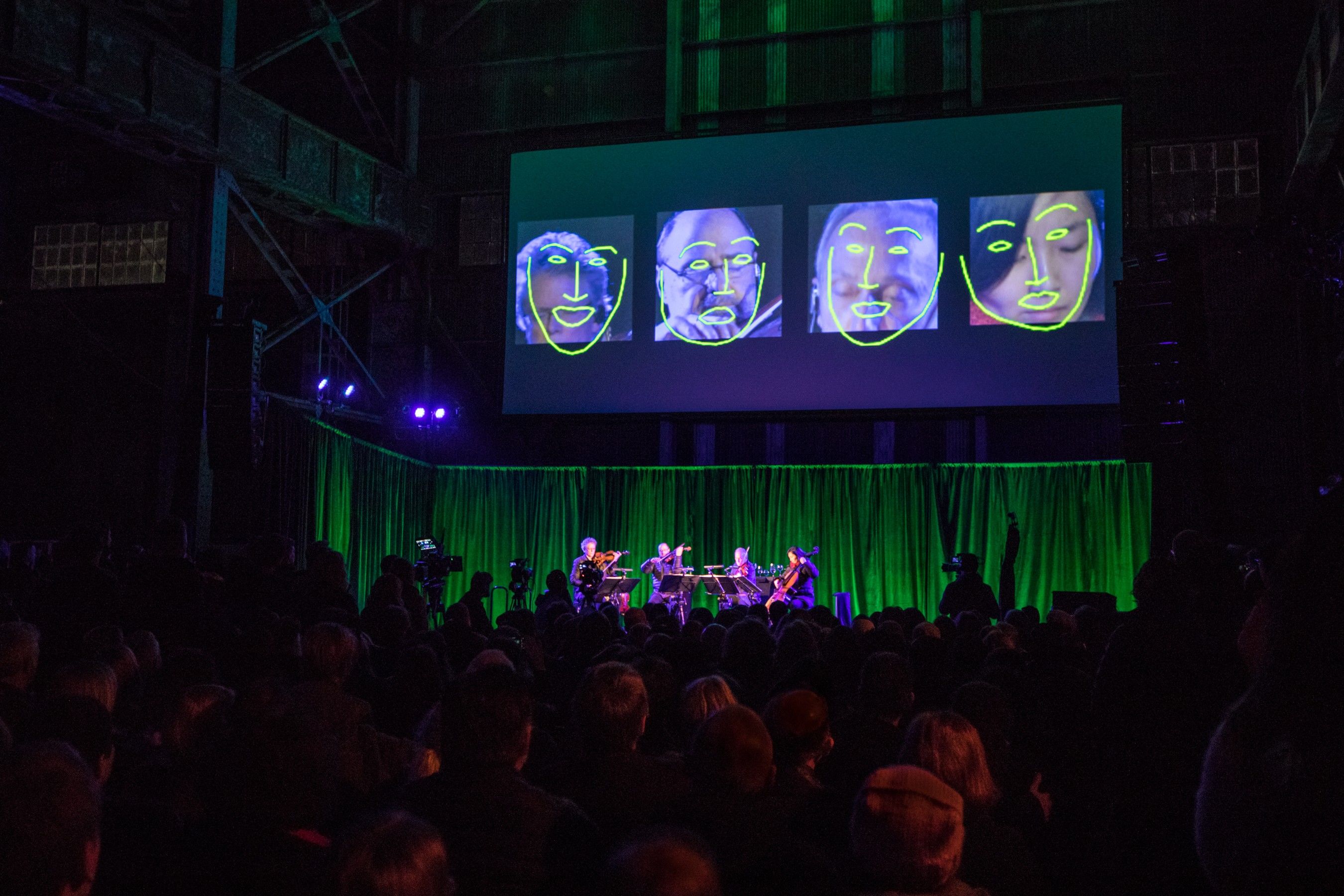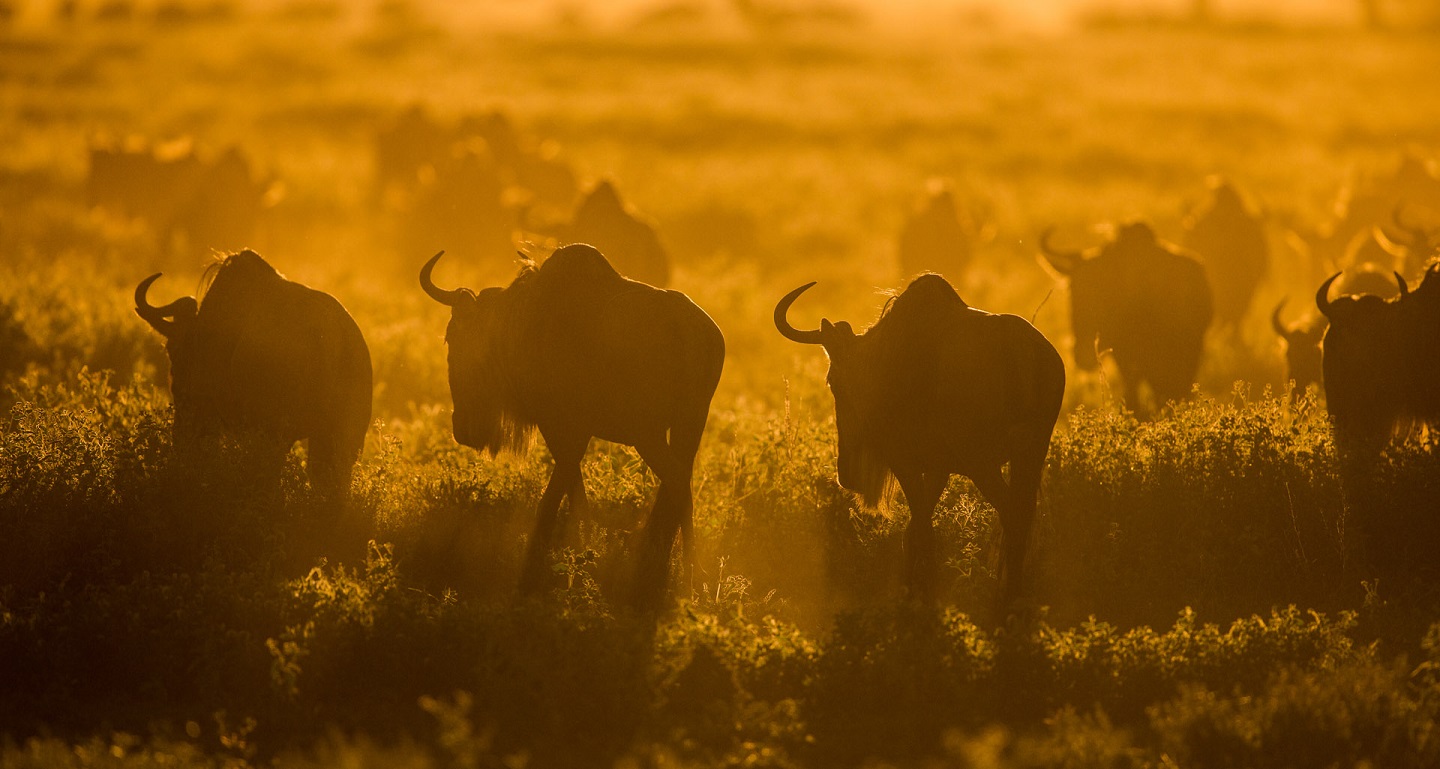
As the number of places remaining to be explored on Earth vanishes, this episode asks how we might have to adapt ourselves to explore the further reaches of space. This spirit has led us to new shores and recently to the planets of our solar system. We have always been a species that is compelled to explore. Teleplay by : André Bormanis and Paul Solet This episode asks if it is possible that alien civilizations have already solved similar problems. Overconsumption has led us to a point where the human race will either have to engineer our way around our supply and demand problems, or we will have to look to other planets to inhabit. In the deep future, will telepathy be technologically possible, will we even be able to communicate with civilizations beyond Earth? This episode asks if constant connectivity has affected the privacy that we have always taken for granted. This episode asks if there is a potential danger that eventually reality as we know it will be overthrown by the virtual worlds we’ve created for ourselves. While the numbers can vary widely, some experts estimate that humans have around 70,000 thoughts a day. Teleplay by : Mickey Fisher and Paul SoletĪdvances in graphics processing and computing generally now mean that we’re seeing the possibilities of working in virtual spaces. You’re thinking throughout the day, whether you’re awake or asleep. this episode asks if a time may come in our future when our technology transcends beyond treating individual diseases and instead just addresses the aging process itself. Recent discoveries have given us greater understanding of our biology and how we can live longer. This episode asks how this might affect our evolution.

#NATIONAL GEOGRAPHIC MIND MELD SERIES#
Cast Įach episode of the series is broken up into first narrated scenes, then interviews with scientists and futurologists the docudrama segments fit around the interviews and narration to illustrate how technological changes might impact a regular family.Ĭhris Connolly, Jenny Connell Davis, Jeremy Lubman and Bryan WizemannĪdvances in science and engineering are hastening the day when artificial intelligence may become similar to, or perhaps surpass human intelligence. The series' narrator, Laurence Fishburne, was nominated for a Primetime Emmy Award, with a further Craft Emmy Nomination for Outstanding Lighting Direction and Scenic Design. The series aims to show that communication, work and education will be revolutionized through virtual telepathy. Exploring life in both the near and the far future, where artificial intelligence is ubiquitous and advances in science have radically extended our lifespans. Ray Kurzweil, Michio Kaku, Peter Diamandis and Brian Greene guide the documentary aspect, discussing possible changes the future might hold based on their research: Artificial Intelligence, Man merging with Machine, the human species becoming an interplanetary entity.

Inspire your loved ones with a magazine gift subscription that will deepen their understanding of the world and their role in it – every page is packed with features powered by world-class journalism, breathtaking photography and astonishing discoveries. Your subscription will help support vital research, exploration, conservation and geography education projects across the world.Investigating the ramifications of a variety of potentially world-changing inventions, the series visits a cast of characters representing a typical American family in several different possible timelines.

Never miss an issue – subscribe today, and help make the world a better place. Read how Reuben Wu captured this remarkable image of an icon here.Īlso in the August 2022 edition of National Geographic Magazine: New evidence is revealing just how widespread, complex and mysterious this was. Wiltshire's enigmatic stone circle wasn't the only such structure – or the biggest – constructed during Britain's megalithic building boom. New discoveries reveal an era when awe-inspiring monuments were all the rage.


 0 kommentar(er)
0 kommentar(er)
